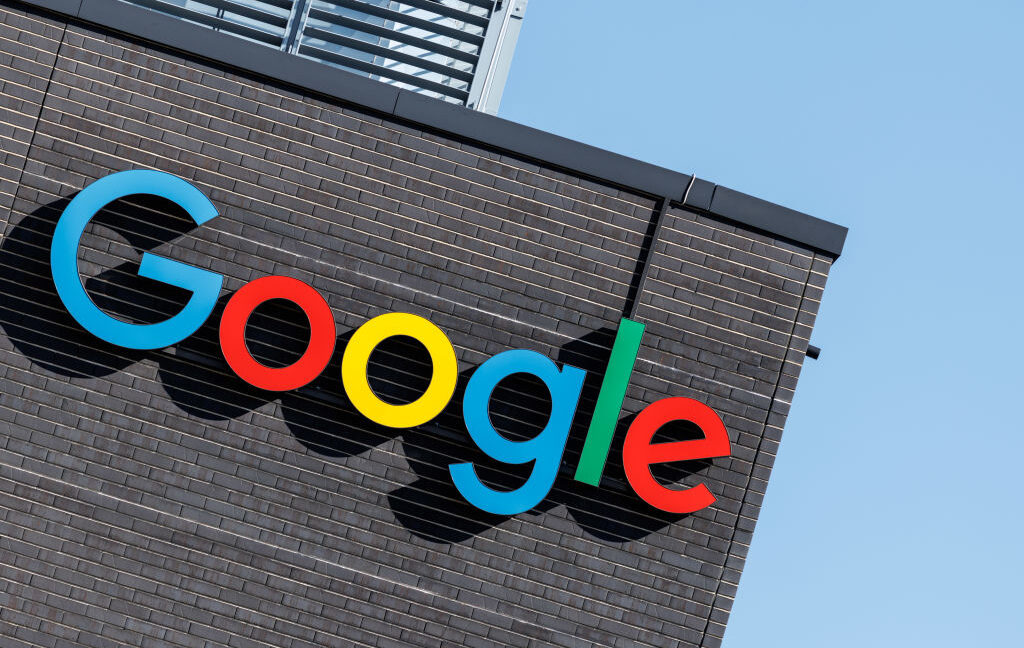Google loses ad tech monopoly trial, faces additional breakups
DOJ wins 2 out of 3
Google loses ad tech monopoly trial, faces additional breakups
Google plans to appeal as DOJ seeks to untether ad products.
Ashley Belanger
–
Apr 17, 2025 12:19 pm
|
5
Credit:
picture alliance / Contributor | picture alliance
Credit:
picture alliance / Contributor | picture alliance
Story text
Size
Small
Standard
Large
Width
*
Standard
Wide
Links
Standard
Orange
* Subscribers only
Learn more
The verdict is in, and Google has been found to illegally hold online ad tech monopolies.
For over a decade, "Google has willfully engaged in a series of anticompetitive acts to acquire and maintain monopoly power in the publisher ad server and ad exchange markets for open-web display advertising," tying its publisher ad server and ad exchange together "to establish and protect its monopoly power in these two markets," the ruling said.
At trial, the DOJ argued that Google's ad business expanded to choke out competitors and benefit only Google. They argued that Google "rigged" ad auctions, allegedly controlling "multiple parts" of services used to place ads all over the Internet, unfairly advantaging itself in various markets.
Now, the search giant—which already is facing down a potential breakup spinning off Chrome to remedy its monopoly in general search—faces threats of additional breakups. While analysts have warned that Google's $95 billion ad empire is "too big" to sell, the DOJ has argued that untethering Google's ad products is the only way to ensure that Google doesn’t lock the majority of publishers into paying higher fees on the publisher side because they can't afford to drop Google's ad exchange.
In her opinion, Judge Leonie Brinkema noted that in the remedies phase of the trial, the US Department of Justice is seeking monetary damages, an injunction blocking Google's anticompetitive behavior, "the divesture of Google’s publisher ad server and ad exchange products," and any other relief necessary to restore competition "in the open-web display publisher ad server market and the open-web display ad exchange market."
Ultimately, Brinkema found that Google's anticompetitive acts substantially harmed "Google’s publisher customers, the competitive process, and, ultimately, consumers of information on the open web."
For Google, the ruling likely hits hard, despite a couple of notable wins. For one, Brinkema ruled that the DOJ did not prove Google has a monopoly in a third market "for open-web display advertiser ad networks." Additionally, Google will not face sanctions for deleting chat histories that could have influenced her decision in the case.
"Chat deletions occurred when employees discussed substantive topics at issue in this litigation and continued after the federal government began an antitrust investigation into Google’s conduct," Brinkema noted. And Google's evasive tactics also included executives marking emails as "privileged" that "clearly did not involve privileged communications," the judge said.
However, because the DOJ had enough evidence and testimony for Brinkema to find Google liable, the judge agreed with the outcome in the Google search trial and declined to sanction Google for the "adverse interference."
"As in Google Search, the Court’s decision not to sanction 'should not be understood as condoning Google’s failure to preserve chat evidence,'" Brinkema said.
While the DOJ largely claims the win, Google is apparently not considering this a loss yet. In a statement provided to Ars, Lee-Anne Mulholland, Google's vice president of regulatory affairs, confirmed that Google plans to appeal.
“We won half of this case and we will appeal the other half," Mulholland said. "The Court found that our advertiser tools and our acquisitions, such as DoubleClick, don’t harm competition. We disagree with the Court’s decision regarding our publisher tools. Publishers have many options, and they choose Google because our ad tech tools are simple, affordable, and effective.”
Ashley Belanger
Senior Policy Reporter
Ashley Belanger
Senior Policy Reporter
Ashley is a senior policy reporter for Ars Technica, dedicated to tracking social impacts of emerging policies and new technologies. She is a Chicago-based journalist with 20 years of experience.
5 Comments


